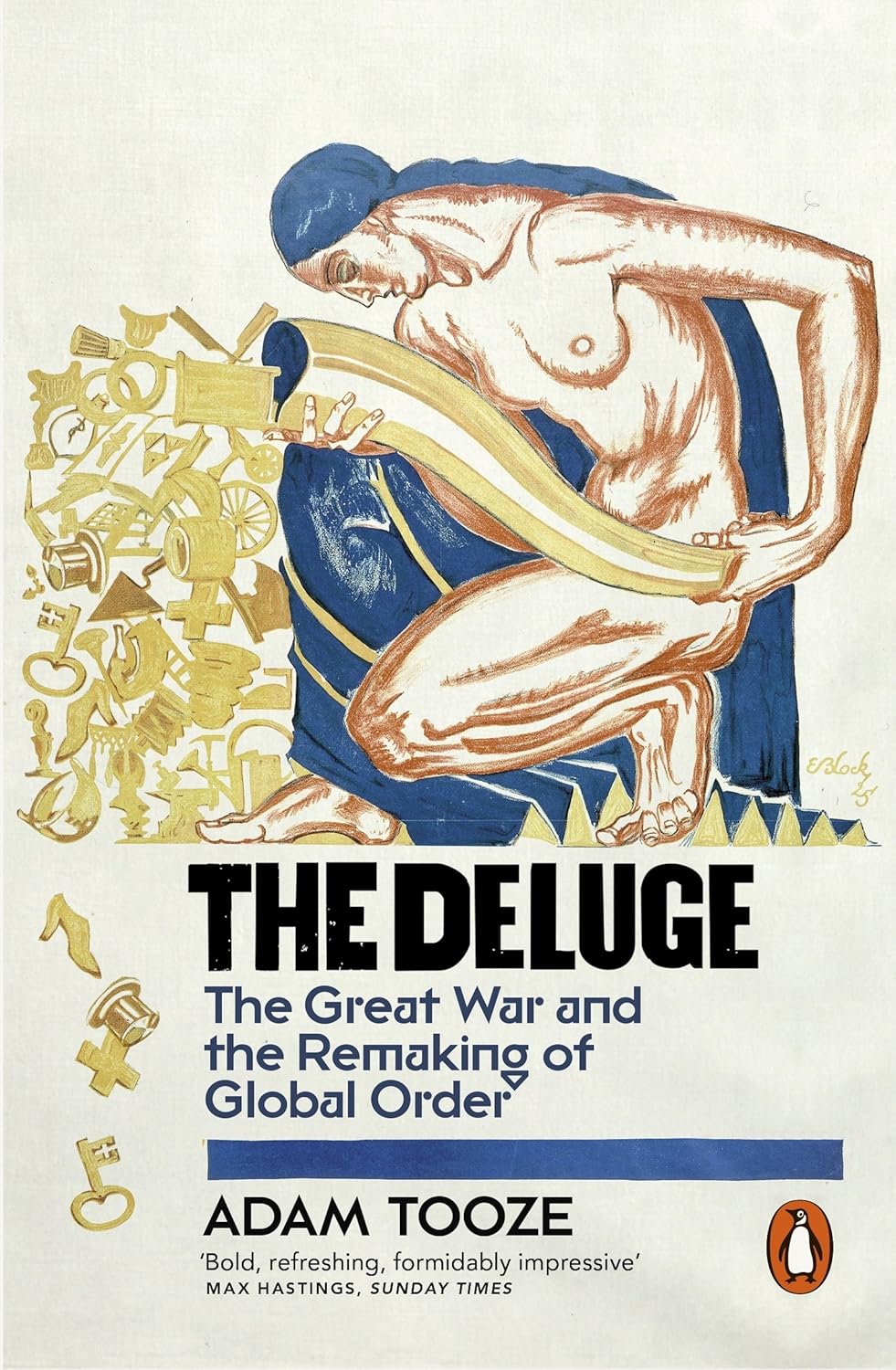Remember the great booms and busts of history, the Dutch tulip mania, the South Sea Bubble? We will soon be privileged to see the mother of them all, the collapse of the climate and energy ponzi scheme. Buckle up!
Look where the money is going!

It seems that the ASX has surged this year (and so has our trade surplus, but what will they do with it?) which is exciting news for people who follow the financial news. Several other news items today feed into the stranded assets theme: In no particular order:
Mining firms and others serving the ponzi like electricians are doing very well, and that looks positive except that the RE assets at the end of the supply chain will be stranded sooner or later.
The passing of US President Joe Biden’s Inflation Reduction Act (IRA), which promised $US370 billion in tax credits to the US renewable energy industry – including a production tax credit to clean hydrogen plants of 2.6 cents per kWh and up to $3 a kilogram of hydrogen for the first 10 years of operation – sent shockwaves through the investment community, signalling the need for countries to act fast or risk getting left behind.
According to the Clean Energy Council, Australia’s first federal production incentive (Hydrogen Headstart) to support new green hydrogen projects – released in May – puts the nation on a somewhat stronger foot to promote momentum.
A word of warning from a big player!
How long will the latest spree of mining M&A last? Until a major miner again blows up billions in shareholder dollars by making “heroic pricing assumptions” during the battery metals boom, according to Anglo American chief executive Duncan Wanblad.
Wow, what about Hydrogen!
What could go wrong, Jim Chalmers likes it!
And how do we think ESG will et marked when the ponzi starts to fall over?
And something a bit different, the natives are starting to get restless about human rights in the supply chain. Could turn nasty!
Consumers see modern slavery as a more urgent issue than climate change, with young people in particular rating it their first priority, according to new research.
The analysis, conducted for SlaveCheck Pty Ltd, an Australian company working on the problem, found that 48 per cent of people aged 18-24 cite ending slavery as their priority, compared with 23 per cent who say climate change action is tops. For those aged 55-64, the figures are 33 per cent (slavery) to 29 per cent (climate change); for those over 65, the figures are 35 per cent (slavery) and 25 per cent (climate change).
Tim Murray, executive chairman of SlaveCheck, says the research is interesting because it’s the middle-aged who are running companies.:“They’re the ones actually in the firing line about doing something about modern slavery.”
He says 82 per cent of people want products to be labelled “slave free”; and two in three people say they are happy to pay more for “slave-free” products.

This is funny in a blackly comedic way. The DIE and ESG people are dismayed that investment companies like BlackRock are edging away from their woke rubbish because unwoke investments in fossil fuels have had stellar returns.
Usual story of supply and demand. The demand from China and India is increasing rapidly, but the supply hasn’t (as per the graph) because the climate bedwetters have aggressively inhibited development of such resources. So the price has gone up and anyone who has shares in such industries is making a motza. I don’t, sadly.
Economic gravity is like the physical variety: you can’t make something fly by sheer will and legal rubbish. It won’t stay up without something real supporting it.
And nope, global warming still isn’t happening much in the real world, if at all.
Funny to see another woke ideology coming along to replace ESG and climate (non)change. If we ever let voting age to be lowered can expect to see meme—driven politics as the norm.
A few months ago, HESTA SuperFUnd invested $100m of your retirement savings in RENU ENERGY LIMITED which invests in emerging technologies like hydrogen. Today it’s worth $85m.
Who wrote this post? It doesn’t say.
I assume it’s Rafe Champion, but it could be anyone.
Sorry, don’t know what happened to my name, I am logged in as Rafe Champion.
Tom – You’re a journo, I’m disappointed! Rafe’s name appears right at the bottom on the post, which says:
That’s worth an emoji, if it works: 😀
consumers think they aren’t slaves? … how interesting!
I’d love to know who do they think the slaves are?
Yep, Bruce of Newk, I missed the attribution to Rafe at the bottom. My bad.
The point is that Rafe’s byline should have been at the top — where it belongs. Unfortunately, the Cat doesn’t have editors/subeditors to ensure such oversights are picked up.
Dr Jennifer is an absolute living treasure.
Lower grade generally equals bigger tailings storage dams and waste dumps. Stick that in your pipe and smoke it swampies.
Dover0Beach
Love the new format and hope to see more stand alone articles like Rafe’s and your other contributors.
Great article Rafe Champion.
Have featured it!